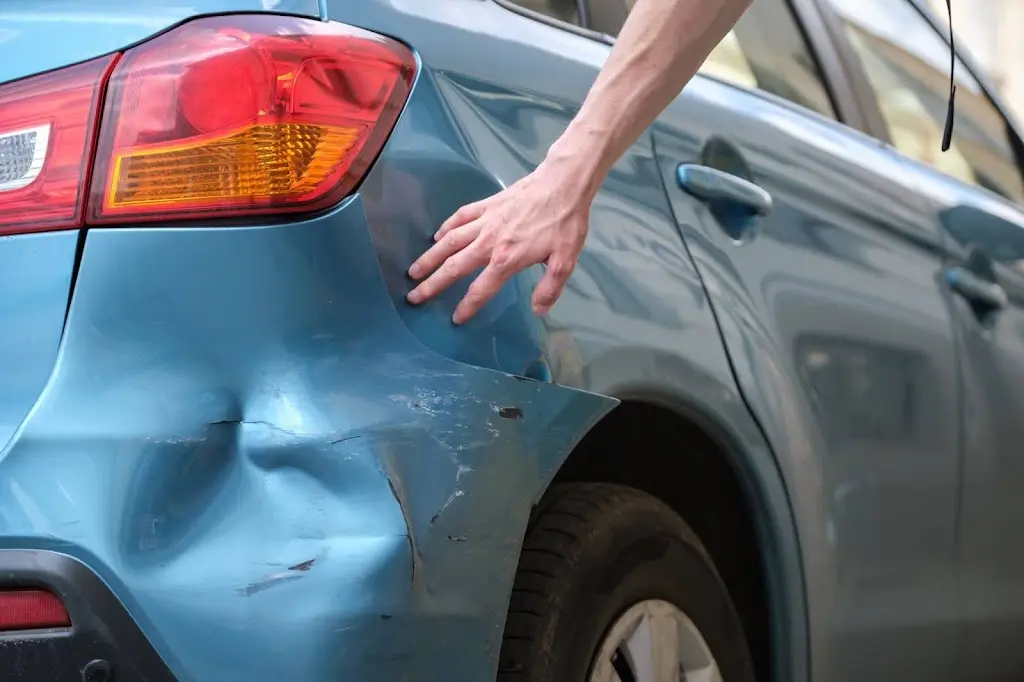
If you hit another vehicle with your car, staying behind and speaking with the owner isn’t just the right thing to do—it’s a legal responsibility. Failing to do so is a serious crime, and The Garden State is no exception.
Here’s a breakdown of what constitutes a hit-and-run charge in New Jersey, some examples to help you steer clear of them, and the possible legal consequences that can await those found guilty.
What Are Hit-and-Run Charges in New Jersey?
A hit-and-run accident in New Jersey occurs when a driver leaves the scene without fulfilling legal obligations required by state law. Any motorist involved in an accident must stop at the scene of an accident, provide identifying information, and offer reasonable assistance to any injured person.
Failing to do so is considered illegal under New Jersey law and can result in severe criminal penalties. The law applies to any auto accident, including an accident causing vehicle damage, property damage, or resulting injuries. Additionally, if a driver leaves without filing a police report or contacting other drivers, authorities may issue a traffic ticket or a criminal charge, depending on the circumstances.
Examples of Hit-and-Run Cases
Hit-and-run charges can encompass a broad range of accidents and incidents, including the following:
- Striking a parked car, causing only property damage, and driving off without leaving a written notice.
- Causing an accident involving another motor vehicle and failing to exchange personal and insurance information.
- Hitting a pedestrian and leaving before the police arrive or medical personnel can provide care.
- Sideswiping another vehicle and failing to report the crash to law enforcement.
- Being in a hit and run resulting in significant property damage and failing to stay at the scene of an accident.
- Backing into another car in a parking lot and leaving without notifying New Jersey drivers of the car accident.
- Causing a multi-car accident and leaving without checking for resulting injuries or filing a police report.
An Overview of Legal Consequences of Hit and Run
Given the nature of hit and run incidents as shown previously, it is only natural that the legal penalties of being found guilty can be quite severe. However, the severity of the punishment can vary based on the situation.
- Penalties for a hit and run range from a traffic violation to a third-degree indictable offense, depending on the severity of the case.
- A first offense involving only property damage can lead to a fine and a driver’s license suspension of up to six months.
- A second offense can result in harsher penalties, including increased fines, longer driver’s license suspension, and possible jail time.
- A hit and run charge involving injuries may result in a prison sentence and a permanent criminal record.
- Convictions can lead to skyrocketing insurance rates or New Jersey drivers being denied coverage altogether.
- A guilty plea or conviction may result in long-term restrictions on driving privileges, including days and a driver’s license suspension.
- A hit and run resulting in death can be charged as a criminal offense, leading to severe criminal laws and a potential felony conviction.
- If found guilty, the potential penalties can include fines, loss of a driver’s license, and a permanent criminal record.
Call Shugar Law Office Today to Schedule a Free Consultation
If you’re facing a hit-and-run charge, hiring a criminal defense attorney can help protect your legal rights. At Shugar Law Office, we’re dedicated to protecting clients charged with leaving the scene of a motor accident, those facing New Jersey traffic tickets, and more. Reach out today to schedule a free consultation and speak with our legal experts about your case.

